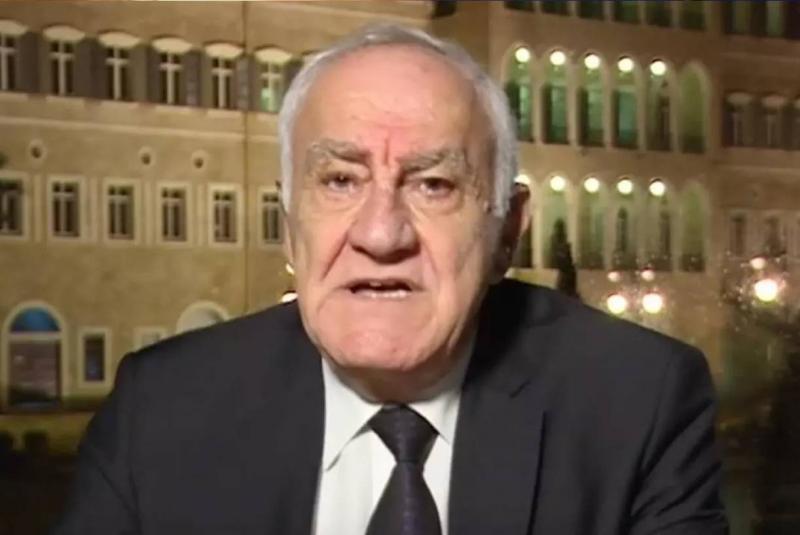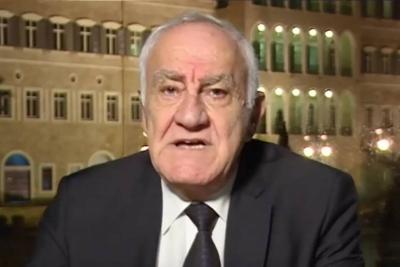For years, the conflict between the two foes has taken place within what is known as the "shadow war," through the factions supported by Tehran across the region, from Iraq to Syria, Lebanon, and Yemen. However, the recent targeting of the consulate has dealt a significant blow to Tehran, marking the first time its consulates or embassies have been attacked, which analysts describe as a moral slap in the face as well. Many questions arise regarding the nature of the Iranian response and the extent to which events may escalate towards a comprehensive war.
Director of the Middle East Center for Strategic Studies, Major General Hisham Jaber, emphasized that the rules of engagement have collapsed in face of embassy attacks, which is a very dangerous matter with implications. He pointed out the ongoing preparations in the resistance axis countries to respond to this attack, which will undoubtedly match the level of the event.
Jaber stressed that Hezbollah in Lebanon maintains a deterrent equation by responding in kind, and even stronger, to any Israeli strike, a fact well-known to Tel Aviv. The Israeli army, on its part, is suffering from a process of attrition due to the mobilization of its forces on the southern Lebanon front. He stated, "There are more than two Israeli brigades along the border with Lebanon, which have been present for more than six months, and the number of soldiers in a state of alert is estimated at 45,000, creating a significant problem for the Israeli enemy, and even in times of peace, there cannot be heightened measures for more than a few weeks."
He added, "There is a process of economic attrition; economic life has been paralyzed in northern Palestine, and most settlements there have become nearly closed." He continued, "Israel feared that Hezbollah would initiate a wide-ranging war and was perhaps preparing to lure Hezbollah into a major conflict as happened at the start of the war, while there were fears from the Americans that Hezbollah would open a broad war; however, the latter did not fall into this trap and the Americans withdrew."
He continued, "The Americans withdrew after realizing that Hezbollah would not start the war, and their primary concern was to convince the Israeli side not to commit any folly." He mentioned, "Hezbollah has stated clearly that if the aggression against Gaza stops, it will cease its bombardment of Israel. If Hezbollah were to halt its responses to Israel, it would be natural for the settlers to return to northern occupied Palestine."




